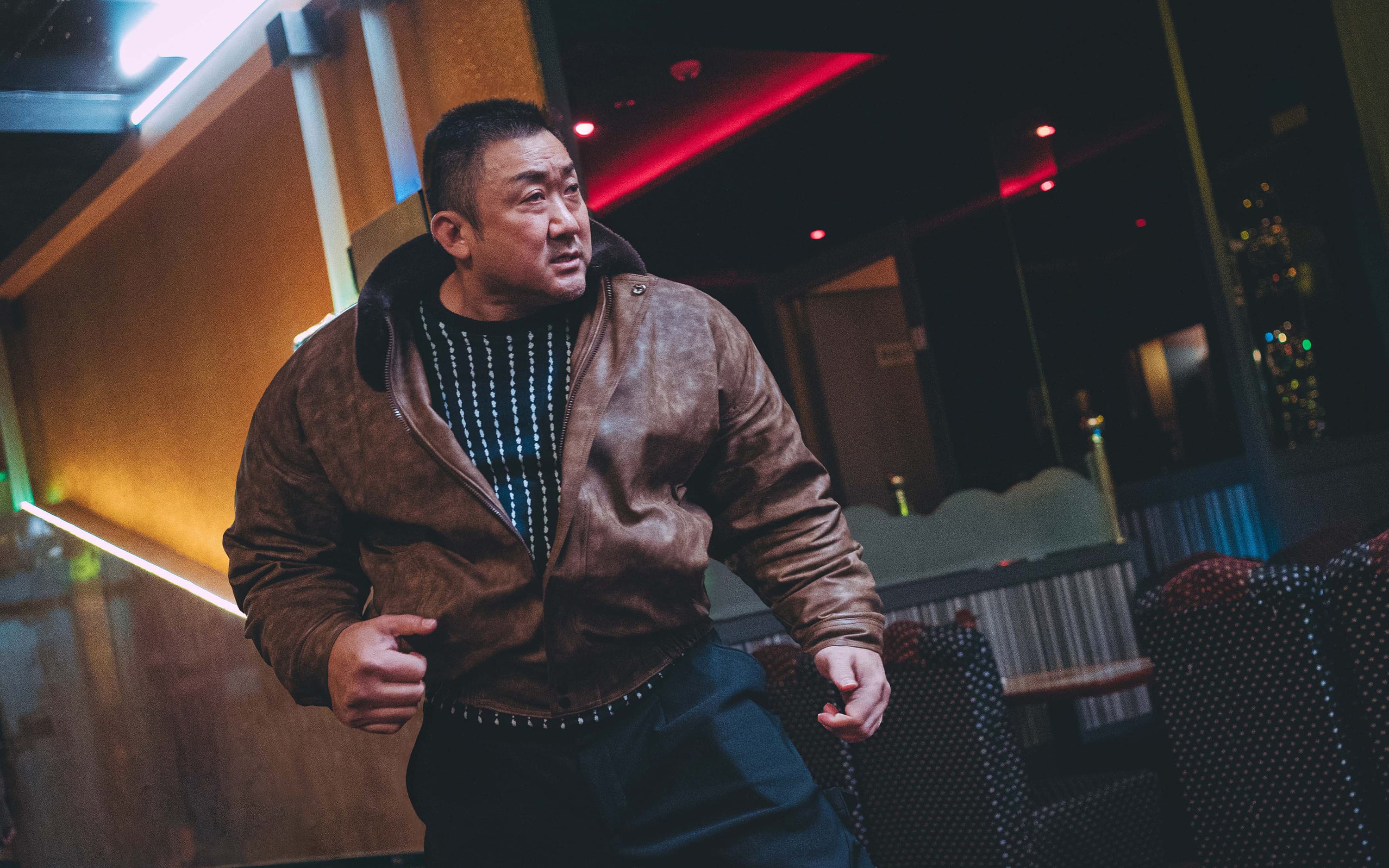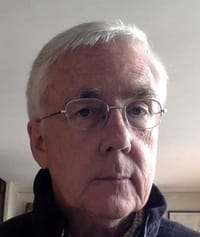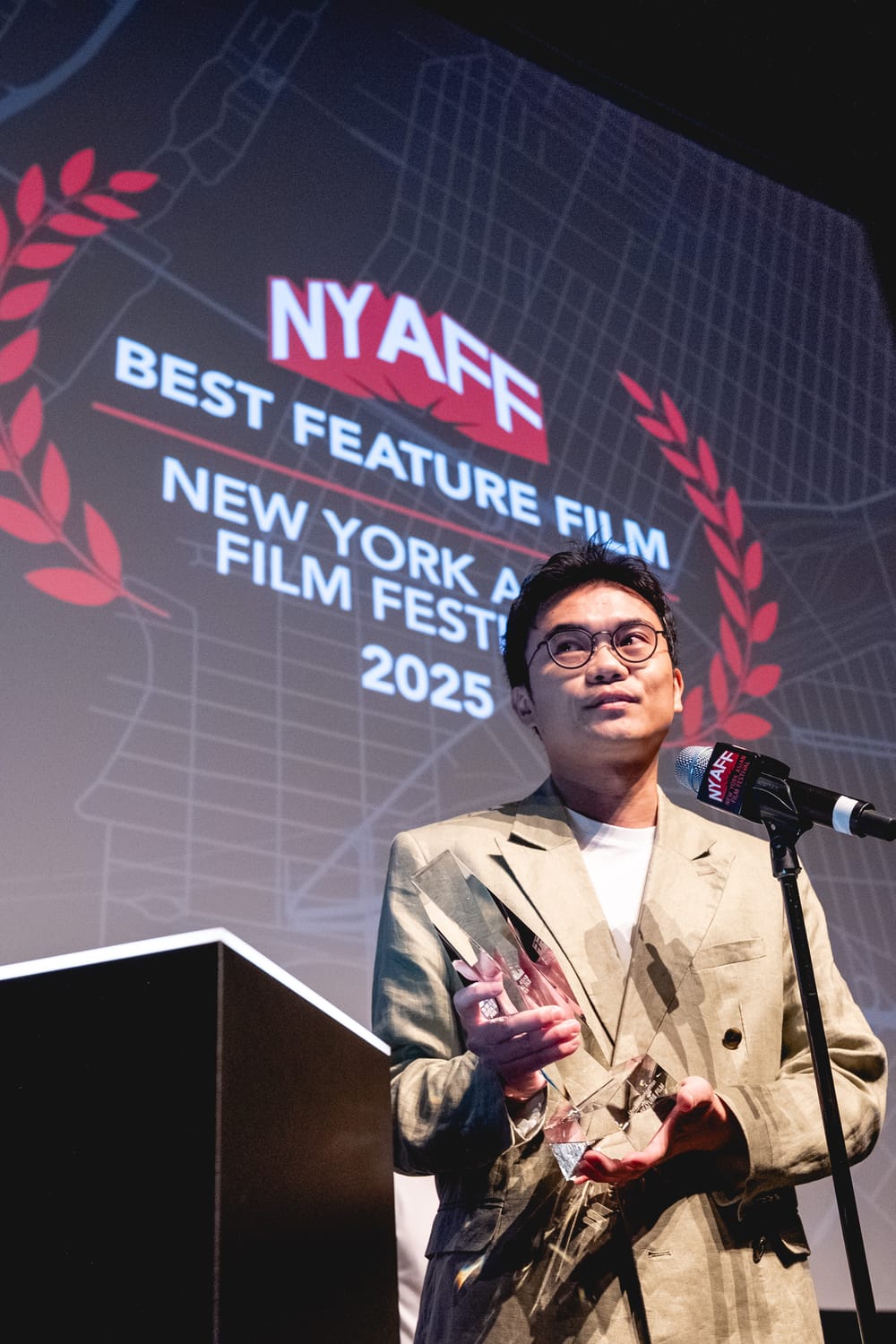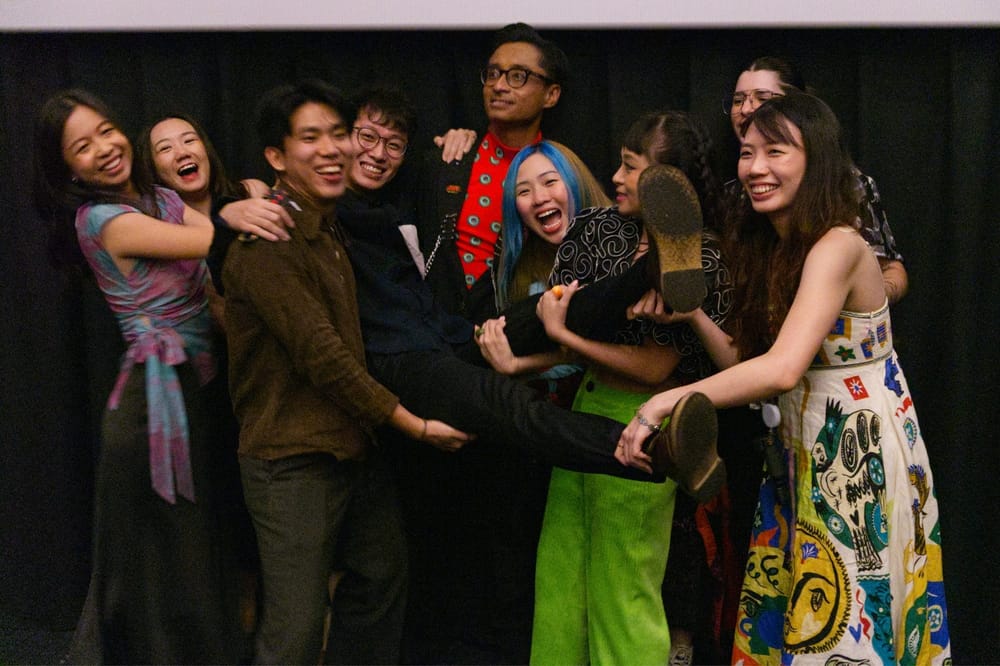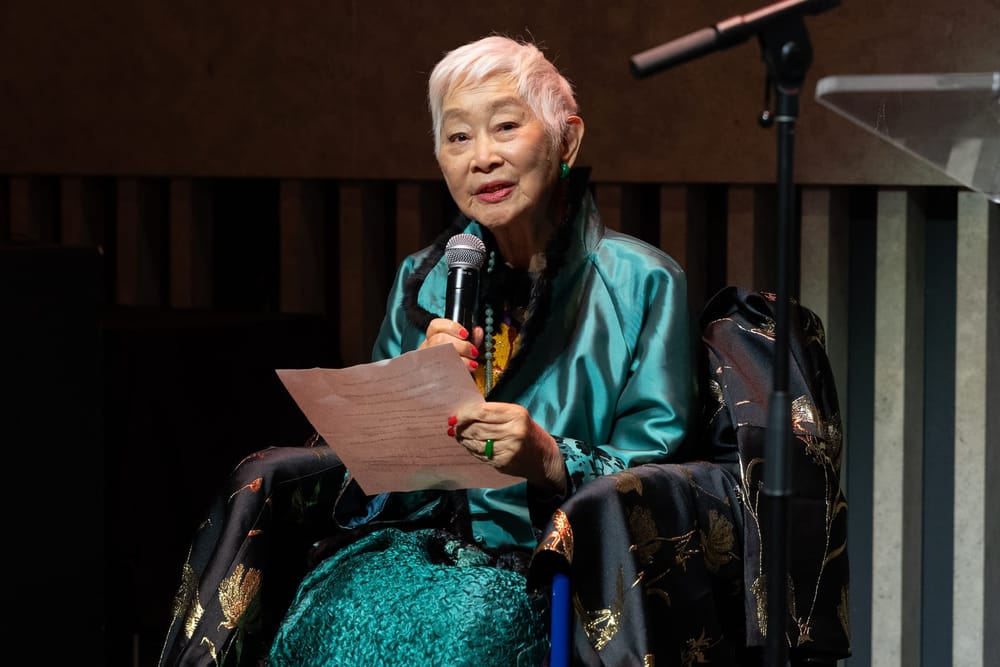By Daniel Eagan
In “The Roundup: Punishment,” cops based in Seoul have to break up a cyber crime ring with ties to the Philippines. It's the fourth installment in what has turned out to be one of the most successful franchises in South Korean cinema. The series helped turn Ma Dong-seok (a.k.a. Don Lee) into one of the most admired action stars in the world.
“The Outlaws” (2017) introduced “Beast Cop” Ma Seok-do and his team, who battle a gang from mainland China. Sequels “The Roundup” (2022) and “The Roundup: No Way Out” (2023) involved crooks from Vietnam and Japan; despite COVID restrictions, they sold millions of tickets.
In each film, Lee demonstrates exactly why he is rated so highly by action fans. His fight scenes are tough and relentless, marked by outstanding physical stunts. The encounters start small-scale and escalate to all-out street wars with knives and machetes.
On top of the action, Lee is an expert comic. His cop isn't very bright, frustrating both bad guys and his superiors. In “The Roundup: Punishment,” he can't figure out cell phones and mistakes “open source” code for a shopping mall. Crooks who try to reason with him usually find themselves knocked to the ground.
Lee brought his cast and director Heo Myung-haeng to the 74th Berlin International Film Festival, where "The Roundup: Punishment" premiered before a sold-out late-night crowd at the Palast Theater. The movie's action sequences and Lee's comic bits delighted the audience, who rewarded the star with a standing ovation.
"The Roundup: Punishment" opens in Korea in late April and worldwide today.
Lee and Heo met with UNCAGED earlier in the day.
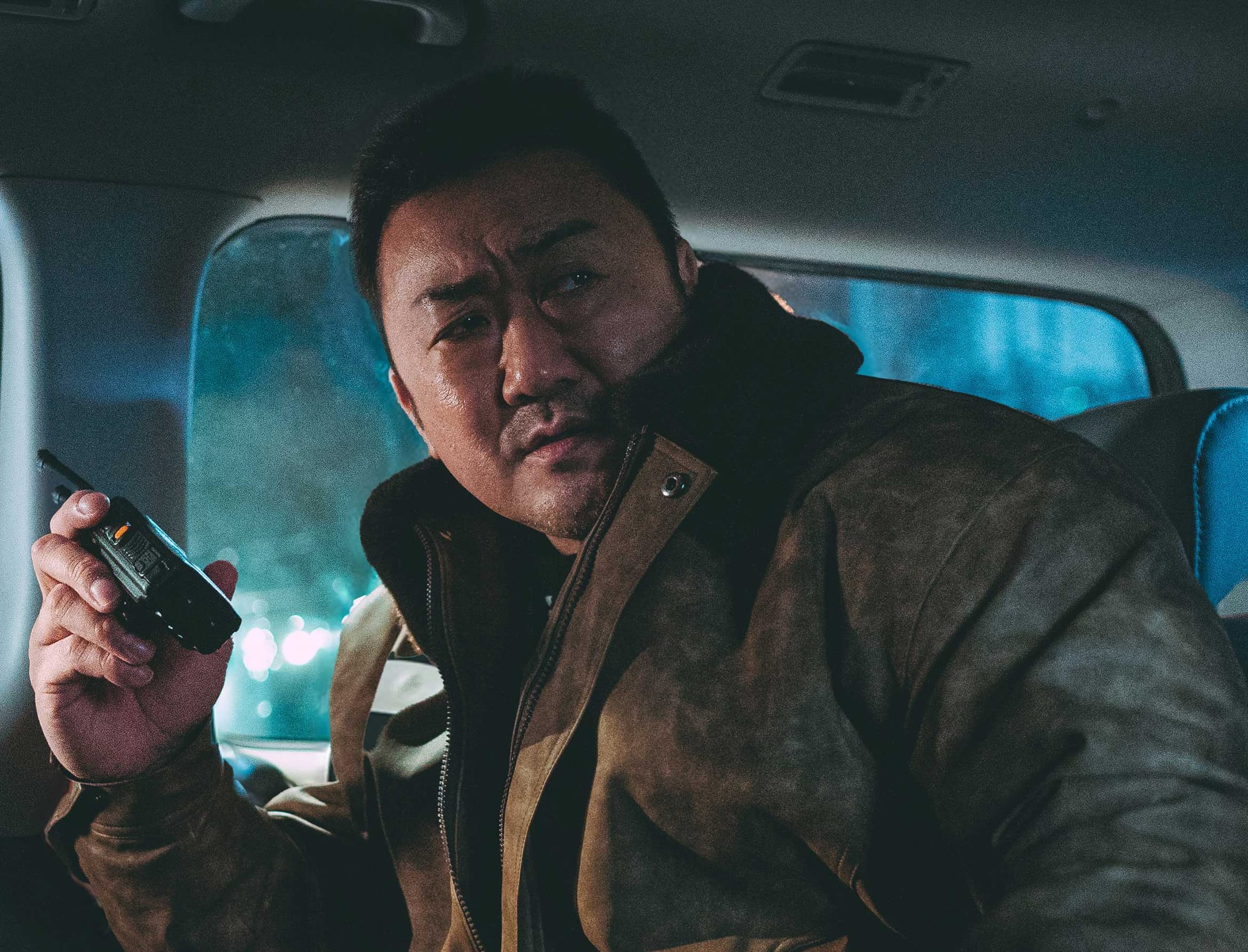
NYAFF: How has it been like in Berlin? How important is it to be recognized on a world stage?
Don Lee: It's been overwhelming, just fantastic. It's my first time in Berlin, and it's an honor to present our film here.
NYAFF: You've been working on Roundup movies for several years now. What were you trying for when you started with “The Outlaws?”
DL: I wanted to make a cop action film, but I wanted it to feel realistic. We design the films to convey a kind of analog feel, a more realistic feel.
All of the plots are based on true stories. I'm close with a lot of detectives, about 20 or so, in Korea. Profilers and other kinds of cops. They gave me a lot of information about real cases when I was planning the films. These cases can be pretty heavy, which is why I wanted to add some entertaining elements, make them more fun for audiences.
NYAFF: Can you talk about how your character has changed over the four movies? In the first episode, he's drinking, passing out in brothels. He ignores regulations and doesn't mind setting up bad guys.
DL: Yeah, he had some problems. (laughs) So, researching these stories, I became more and more aware of the victims. When I talked to the profilers, I realized I needed to make Ma Seok-do a better cop case by case. You see him evolve. With each sequel we are trying to improve every element. My cop grows, but the villains become more advanced as well. And in working on the script, we put a lot of effort into the action itself.
I worked with Heo to upgrade the storytelling. We went through the script scene by scene. I also listen to the actors and their ideas, and try to incorporate them into the script.
NYAFF (to Heo): Don Lee has a great gift for comedy. Did you approach those scenes differently from the action sequences?
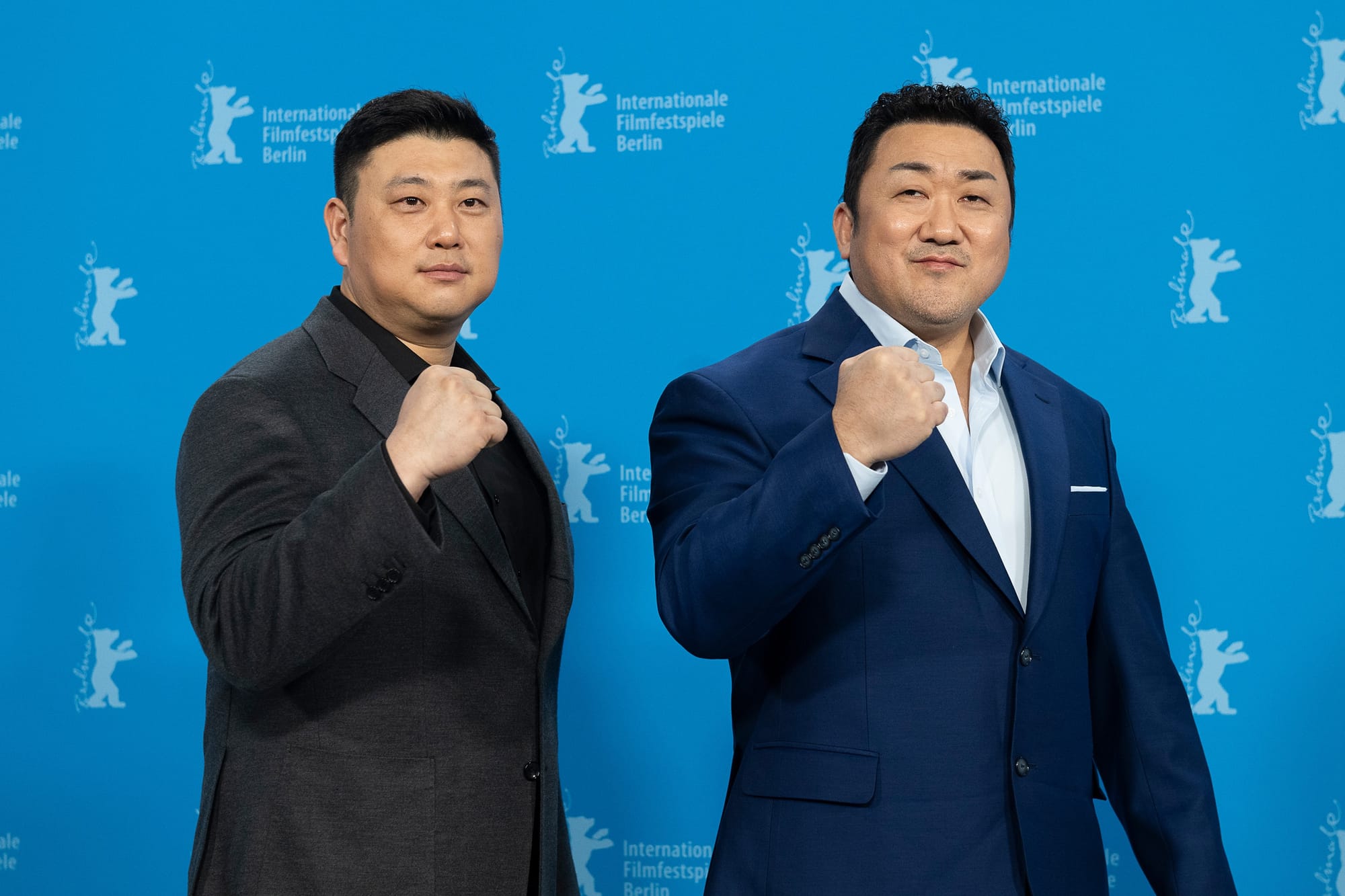
Myeong-Haeng Heo: Not really. The humor came very naturally. Don Lee is a funny guy, which helps. We always have the chance to find funny bits in everyday life.
NYAFF: How do you see the progression in the movies?
M-H H: First, there should be an upgrade in the action compared to 1, 2, and 3. We also chose to upgrade the villains as well. The villains here are darker, stronger. So Ma Seok-do has to live up to those villains, which hopefully leads to more powerful action.
NYAFF: Can you talk about how you put the action sequences together? At one point you have an incredible fight in a cramped bathroom.
DL: The funny thing about the bathroom scene, the guy I'm fighting, he's a former Korean boxer. I've been a boxer for thirty years. I thought it would be nice to include a villain who is as strong as me with boxing. I thought it would be fun, fighting each other in a bathroom.
NYAFF: How do you get the camera in so close to the action? Especially in a cramped space like that?
DL: Well, you have to be close, because it's a small space. Look, everybody working on this was actually an action veteran. So even shooting in a tight space, we knew what we had to do. It took a lot of preparation, a lot of discussion about setting up the scene, the equipment, things like that. The shooting itself went smoothly.
Heo, our director, designs action scenes in a way where he doesn't only focus on movement, but he also takes into account the character. Our chief bad guy, Kim Mu-yeol, is an actor who is one of the best at using his body. He's done Capoeira, kung fu and other sports. Right now he's learning boxing at my gym. We worked together on action films like “The Gangster, the Cop, the Devil.” That makes it easier to stage action scenes.
We've accumulated the know-how to make our ideas look big even with a low budget. We're working with the best equipment, the latest technology, and we're testing all the time. The equipment and the content evolve simultaneously. That technology combined with our experience, our know-how, means we can shoot high-quality action scenes in a very short time.
NYAFF: It helps to be working with the same team, doesn't it?
DL: Yes, it helps a lot. Heo and I have been working together for twenty years now, on some forty films. I think Heo is really outstanding, the best director for action.
NYAFF: What's your training program like?
DL: I've been working out since I was little. I've played various sports, but I began with boxing. I have my own boxing gym where I can work out with other boxers and spar with professionals. On my days off, I'm always training, preparing daily so I can be ready for action scenes at any time. I like to think of "The Roundup: Punishment" as a good advertisement for boxing.
NYAFF: What made you get into boxing?
DL: I watched “Rocky.” That's when I started boxing. [Sylvester] Stallone was a big role model.
Right now I'm a big fan of the “John Wick” series. Chad Stahelski is a director I respect deeply.
NYAFF: Will there be another Roundup?
DL: We've got a script for the fifth episode, and we're already working on the next sequel. Also, we're always working on new action scenes, not just for this series, but for other films as well.
NYAFF: I'm curious what your character means to Korean viewers.
DL: In Korea, many people perceive Don Lee and Ma Seok-do as the same person. Especially children. They think I'm like Spider-Man or the Hulk. I'm beyond grateful to bring our film to Berlin. It was so important for us to make an action film for theaters. I think it's more impactful in a theater, with an audience. That's how I design these films. I hope our work will continue to be analog in the future.


